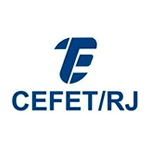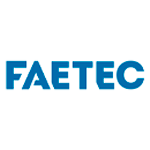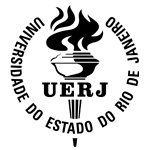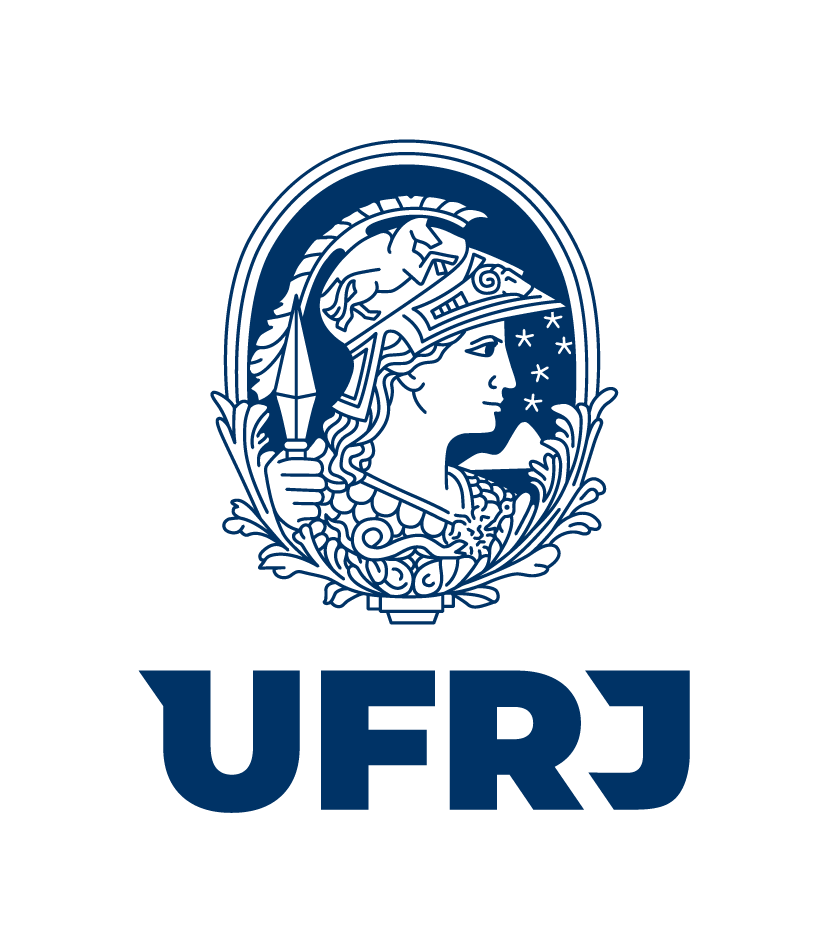Perfil de Uso do Espaço Virtual como Estratégia Pedagógica para a Práxis Educativa Online
DOI:
https://doi.org/10.18264/eadf.v9i1.781Resumo
Neste artigo analisamos o perfil de uso do espaço virtual dos estudantes como estratégia pedagógica para a práxis educativa nos ambientes virtuais de aprendizagem. Decorrente da teoria dos estilos de aprendizagem, a abordagem teórica do perfil de uso do espaço virtual pressupõe quatro estilos básicos: 1) participativo; 2) de busca e pesquisa; 3) de estruturação e planejamento; e 4) de ação concreta e produção. O estudo configura-se como um relato de experiência, realizado com a aplicação do questionário de identificação desse perfil com 159 estudantes em um curso de pós-graduação lato sensu a distância. Os dados revelaram predomínio do estilo de estruturação e planejamento no espaço virtual (40,7%), com resultados equilibrados nos estilos de busca e pesquisa (36,4%), uso participativo (36,4%) e de ação concreta e de produção (34,9%). Diante disso, os docentes do curso foram orientados a priorizar estratégias pedagógicas capazes de sequenciar a aprendizagem, partindo do estilo predominante e avançando pelos demais estilos menos desenvolvidos. O relato conclui apontando a pertinência do diagnóstico dos estilos de uso do espaço virtual para a práxis educativa online, recomendando a sua realização no início do período letivo, visando nortear o trabalho docente e elaboração das atividades didáticas.
Palavras-chave: Estilos de uso do espaço virtual. Estratégias pedagógicas.
Downloads
Referências
Alonso, C. M.; Gallego, D. J. & Honey, P. (2002). Los estilos de aprendizaje: procedimientos de diagnostico y mejora. Madrid: Mensajero.
Barros, D. M. V. (2009). Estilos de uso do espaço virtual: como se aprende e se ensina no virtual? Inter-Ação: Rev. Fac. Educ., UFG, Goiânia, n. 34, v. 1, p. 51-74, jan./jun., 2009. Disponível em https://www.revistas.ufg.br/interacao/article/download/6542/4803
Barros, D. M. V. (2014). Estilos de aprendizagem e o uso de tecnologias. São Paulo: Artesanato Educacional.
Barros, D. M. V. (2018). Estilos de aprendizagem. In: MILL, Daniel. Dicionário crítico de educação e tecnologias e de educação a distância. Campinas/SP: Papiros.
Freitas, J. M. A. (2013) Estilos de aprendizagem no virtual: as preferências do discente do ensino superior a distância. Dissertação (Mestrado), Universidade Federal de Pernambuco, Programa de Pós-graduação em Educação Matemática e Tecnológica.
Moore, M. G. (2002) Teoria da Distância Transacional. Revista Brasileira de Aprendizagem Aberta e a Distância, São Paulo, v. 1, agosto, p. 1-14, 2002. Disponível em http://seer.abed.net.br/edicoes/2002/2002_Teoria_Distancia_Transacional_Michael_Moore.pdf
Prensky, M. (2012). From Digital Natives to Digital Wisdom: Hopeful Essays for 21st Century Education. S.l.: Corwin. Disponível em http://www.marcprensky.com/writing/Prensky-Intro_to_From_DN_to_DW.pdf
Santo, E. E.; Soares, C. Q.; Silveira, E. C. F. & Oliveira, R. P. C. (2015). A learning styles comparative study from high level students of face-to-face and distance education. Debate Universitario, Buenos Aires, n. 7, nov., p. 55-68, 2015. Disponível em http://ppct.caicyt.gov.ar/index.php/debate-universitario/article/view/6649
Serres, M. (2013). Polegarzinha: uma nova forma de viver em harmonia, de pensar as instituições, de ser e de saber. Rio de Janeiro: Bertand Brasil.
Terçariol, A. A. L. & Barros, D. M. V. (2017). Os estilos de uso dos espaços virtuais e as redes sociais na pedagogia: um estudo exploratório. Journal of Learning Styles, Utah Valley University, v. 10, n. 20, p. 321-356, 2017. Disponível em: http://learningstyles.uvu.edu/index.php/jls/article/view/377/247
United Nations. (2015). Transforming our World: The 2030 Agenda for Sustainable Development. United Nations, 2015. Disponível em: https://sustainabledevelopment.un.org/post2015/transformingourworld/publication
White, D. & Le Cornu, A. Visitors and Residents: a new typology for engagement. First Monday, Chicago, vol. 16, n. 9, 5 september, 2011. Disponível em: http://firstmonday.org/article/view/3171/3049
Downloads
Publicado
Como Citar
Edição
Seção
Licença
Todos os artigos publicados na Revista EaD em Foco recebem a licença Creative Commons - Atribuição 4.0 Internacional (CC BY 4.0). Todas as publicações subsequentes, completas ou parciais, deverão ser feitas com o reconhecimento, nas citações, da Revista EaD em Foco como a editora original do artigo.













